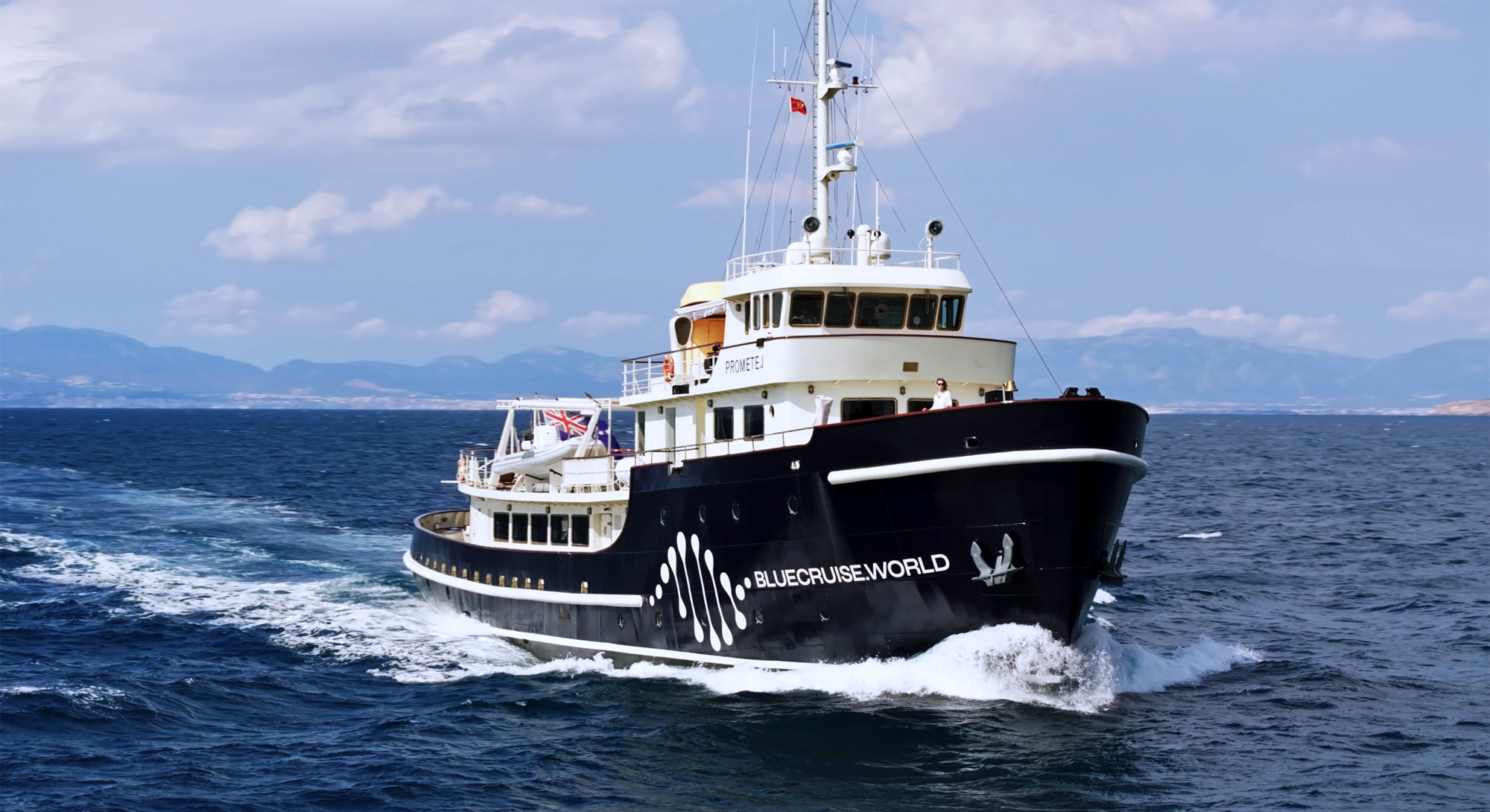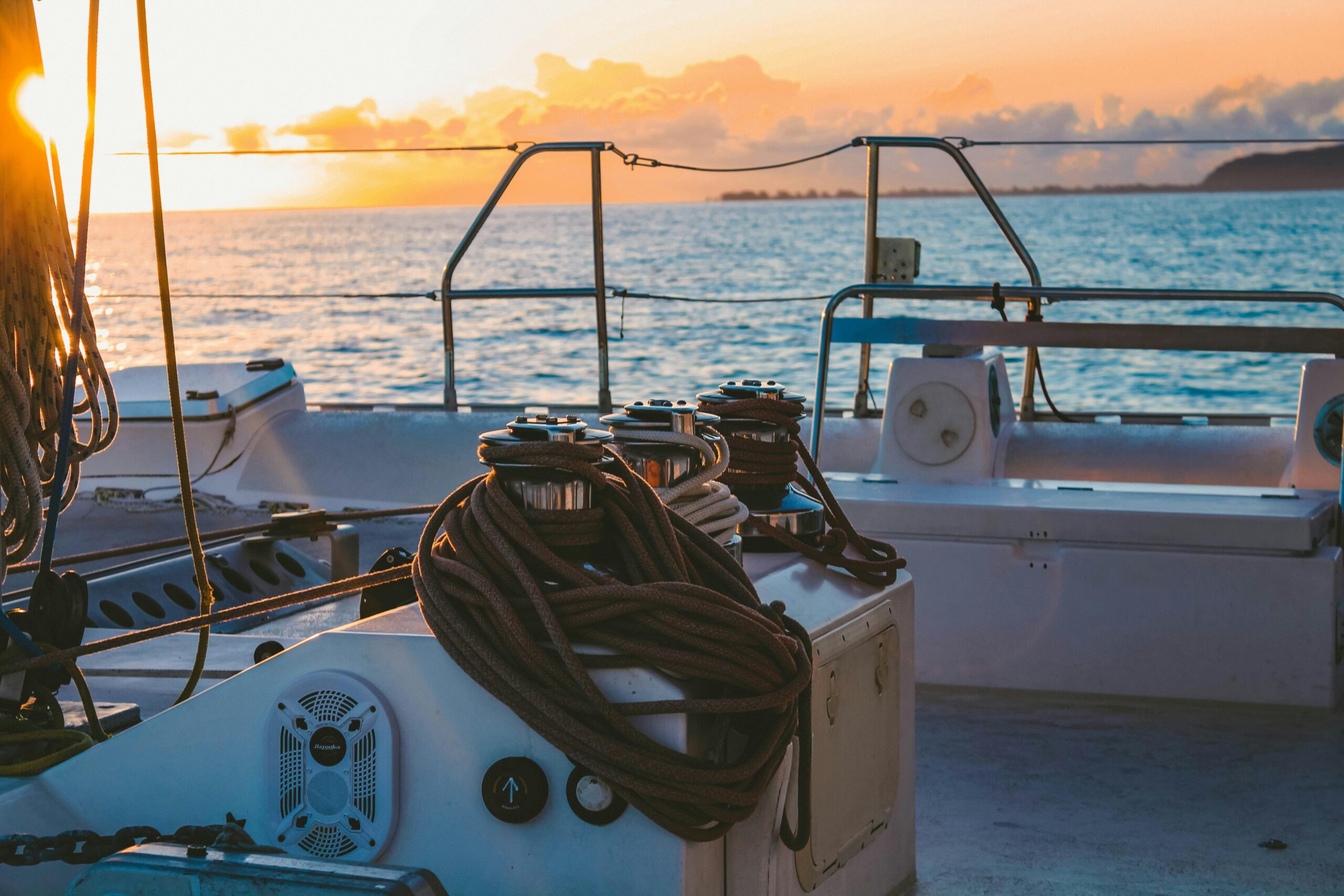The maritime industry, pivotal to global trade, faces a transformative era in 2024, marked by innovative technologies and evolving environmental regulations. This sector, essential for the movement of goods across oceans, is now at the forefront of embracing sustainable practices and cutting-edge technology. With the integration of artificial intelligence (AI) and an increasing focus on eco-friendly operations, the industry is steering towards a more efficient and responsible future.
This article provides an exploration of the latest industry trends, including AI’s influence and the drive towards green technology. These developments not only enhance operational efficiency but also address the urgent need for environmental sustainability. Let’s dive in and analyse these pivotal trends that are reshaping the global maritime industry.
Emerging Technologies In The Maritime Industry
In 2023 we witnessed significant technological advancements within the maritime sector. Global regulatory bodies are now focusing on creating a decarbonisation framework, ensuring a level playing field for all vessels. This initiative addresses the industry’s fragmentation and emphasises the need for uniformity in sustainable practices.
In another development, investments in clean fuel shipping technologies and infrastructure have seen a substantial boost, highlighting the industry’s commitment to greener operations. Additionally, the heavy financial burden of transitioning to cleaner energy sources is a concern, particularly for vulnerable nations.
According to UNCTAD (United Nations Conference on Trade and Development): “Full decarbonisation by 2050 will require massive investments and could lead to higher maritime logistics costs, raising concerns for vulnerable shipping-reliant nations like small island developing states”.
AI’s Role in Nautical Developments
The integration of AI in the maritime industry is revolutionising various operations. AI’s application ranges from navigation to logistics, offering smarter and more efficient solutions. This technological leap is in line with the industry’s larger goal of adopting clean technology while simultaneously mitigating emerging cyber threats.
AI also plays a crucial role in predictive maintenance, where it analyses sensor data from ship engines to predict when maintenance is required, thereby reducing downtime and avoiding unexpected breakdowns. In the realm of autonomous ships, AI-equipped vessels can navigate, dock, and make decisions independently, increasing safety and efficiency. These ships use real-time sensor data to adjust their course and speed, thus preventing collisions.

Sustainable Practices in Maritime Operations
Sustainability in maritime operations is increasingly becoming a priority. The industry is actively transitioning towards low-carbon fuels and technologies, a movement supported by significant investments from financial institutions. Concurrently, the industry is exploring the potential of electric and zero-emission foiling vessels, which promise a more environmentally friendly alternative to traditional maritime transport.
This shift is not without its challenges, however. The industry must navigate regulatory complexities and the high costs associated with adopting green technologies. Despite these hurdles, there is a clear trend towards more sustainable maritime operations, reflecting a global commitment to combating climate change and reducing environmental impact.
Challenges and Opportunities in Modern Maritime Industry
The maritime industry is navigating through a period of significant change, impacted by both global geopolitics and economic conditions. The uneven adoption of digital technologies across different regions has resulted in varying levels of port operational efficiency, highlighting the need for greater technological integration. Despite these challenges, the industry sees opportunities for growth and evolution, focusing on collaborative efforts for greener and more efficient maritime logistics. Such collaboration is essential in overcoming the obstacles presented by geopolitical uncertainties and the ever-evolving technological landscape.
Looking Ahead: Future Innovations And Their Industry Impact
As we look ahead to the rest of 2024 and beyond, the maritime industry is poised to continue its progression towards greater efficiency, sustainability, and technological integration. The revised 2023 IMO Greenhouse Gas (GHG) reduction strategy and EU regional measures are significantly influencing the regulatory landscape. These developments highlight a commitment to the whole life cycle of marine fuels and the implementation of GHG emissions pricing mechanisms. This evolving regulatory framework is expected to accelerate the shift towards more sustainable maritime operations, underlining the industry’s dedication to a greener future.
Visit DIBS 2024 to learn more about how the region’s biggest boat show will present the latest developments in the maritime industry to visitors.





